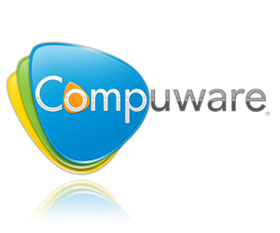Technology, social media boost learning
 Fundamental shifts in the way teaching and learning take place will provide educators with an opportunity to take on the new challenges that technology and social media tools offer.
Fundamental shifts in the way teaching and learning take place will provide educators with an opportunity to take on the new challenges that technology and social media tools offer.
Speaking at the Intel ICT in the Classroom conference at St John’s College in Johannesburg yesterday, UK based social media consultant, Jane Hart, noted that educators should not see changes in the teaching landscape as a threat.
“The first step to technology will be to understand the changes that are taking place, and then become immersed in the new social media tools that are underpinning this change in order to work smarter as well as help your students learn smarter,” said Hart, who founded the Centre for Learning & Performance Technologies.
The event has drawn teachers from across the country to share their practical experience of utilising technology to foster modern learning. The conference is a joint venture between Intel and non-profit organisation, SchoolNet SA, which aims to empower learners and teachers across SA.
Intel’s head of Corporate Affairs, Parthy Chetty, says the event not only highlights the fact that the days of “chalk and talk” are being revolutionised, but that there is clear evidence that technology is having ripple effects throughout entire communities where it is deployed.
“Teachers are increasingly using education tools such as Twitter, Facebook, online networks, Wikipedia, multimedia software and assessment tool applications to further the learner experience in the classroom. What we’re seeing is that where schools use these tools, communities embrace them as well, which leads to a general raise in computer literacy and levels of economic activity,” said Chetty.
One of the teachers attending the event is Fiona Beal, of Fish Hoek Primary School in the Western Cape, who is a computer teacher, a senior trainer for SchoolNet SA and a textbook writer for Vivlia Publishers.
“My passion in education is to see ICT integrated with the curriculum in South Africa as it is happening in other countries. We are dealing with digital learners who need to be adequately prepared for their futures in a rapidly changing world,” said Beal.
Chetty believes firmly that technology is a good starting tool to prepare learners for the world teachers prepare their learners for.
“Ultimately, our goal at Intel is to produce articulate, numerate, literate and capable school leavers. And to do that, we need to empower teachers and learners alike, giving them the tools they need to absorb and apply more information.”



